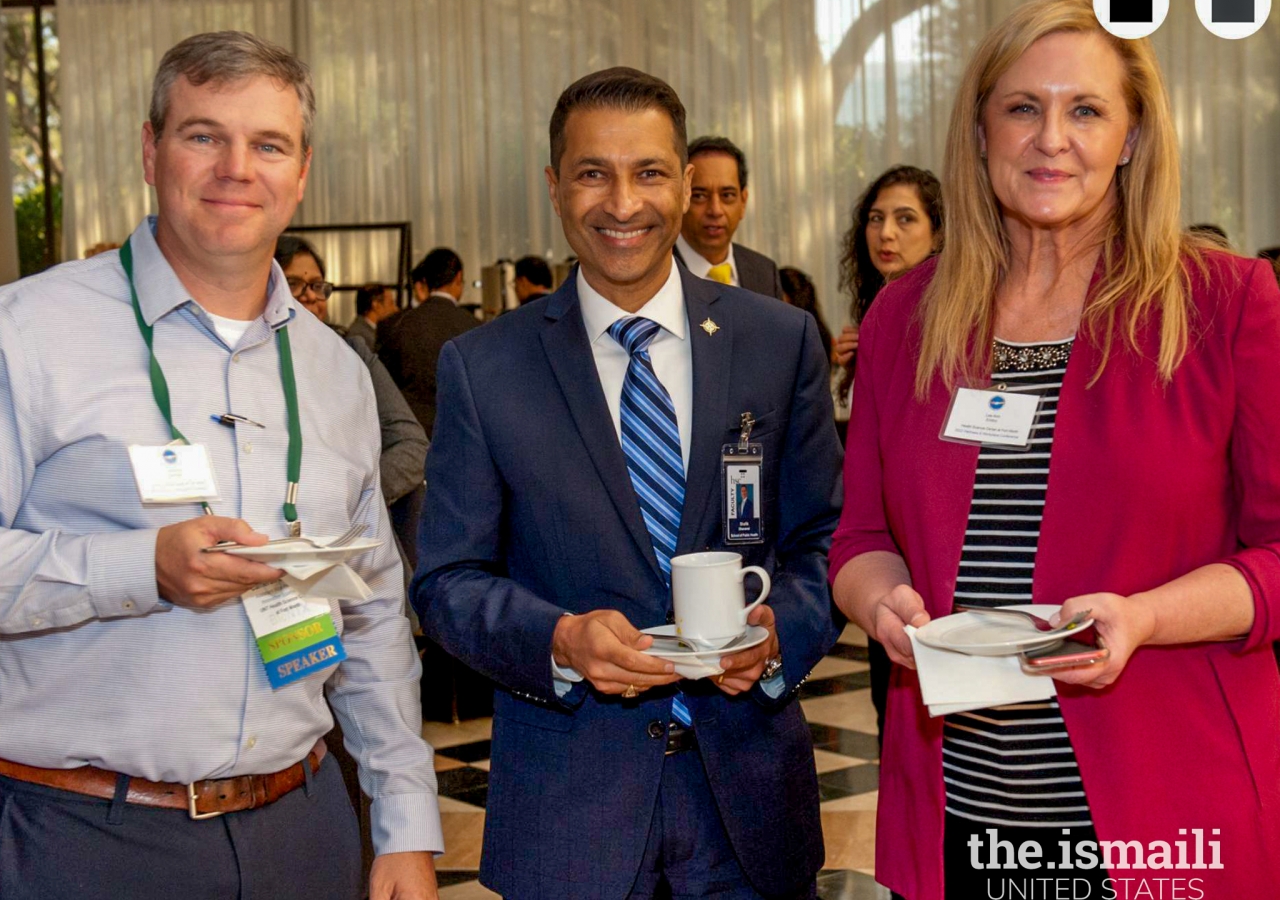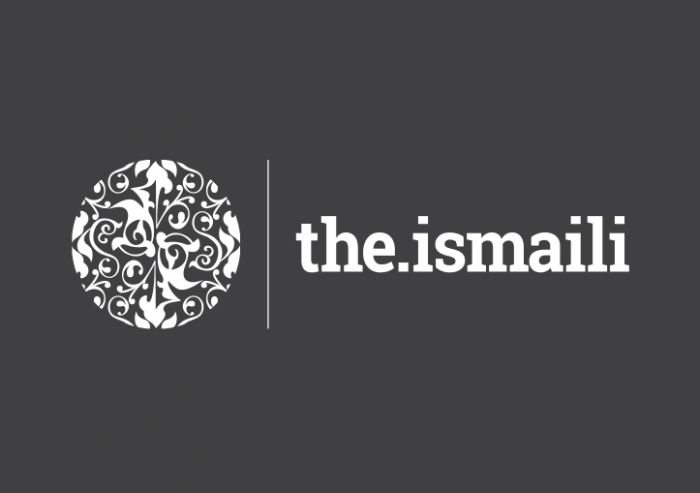The new Dean of the School of Public Health at the University of North Texas Health Science Center is a visionary with a deep commitment to serving the community through his work and preparing young people to meet the challenges of the future. Dr. Shafik Dharamsi’s career has spanned education, international development, and health. His current role as Dean and Professor is all about impacting the health ecosystem in North Texas and beyond, addressing health inequities, and raising the level of awareness of the importance of the public health profession.
When Uganda ordered the expulsion of the country’s entire Asian population in 1972, a decision that had a ripple effect across East Africa, like many others, the Dharamsi family made the decision to leave their home in Tanzania and make a new life in Canada. Shafik spent the next two decades in Toronto, completing his high school and university education. He started his career as an elementary school teacher.
Dr. Shafik Dharamsi, Dean of the School of Public Health, UNT Health Science Center.

Through interactions with students, their families, and the surrounding community, Shafik began noticing particular trends in health disparities. He found there to be a significant connection between dental health and learning outcomes among students. Research at the time showed that dental problems led to the most amount of missed school or work days for individuals, a trend also noted by his wife, Ashifa, who was working in the dental field at the University of Toronto. Although Canada has a universally accessible and publicly funded national healthcare system, oral health is not included in this structure and therefore, access to public dental care in Canada is limited.
As a result, Shafik decided to pursue additional education in the field of health. He and his wife left Canada to study dental hygiene in the United States. They returned to Canada, and while she went on to start a mobile dental hygiene practice, he began his Ph.D. at the University of British Columbia. His research focused on health professions education as a social determinant of health outcomes. He examined the relationship between health equity, pedagogical practices in medicine and dentistry, and ethics.
Shafik explained: “Health inequities continue to be a significant concern in society. Health professionals need to develop a better understanding of the root causes of health disparities. We must seek to harness the professional and political will to prioritize health equity and enhance the focus on the social determinants of health in the national healthcare system.”
As he was completing the last phase of his doctoral studies in the year 2000, Shafik was approached by the AKDN to help build upon its Madrasa Early Childhood Development Program in East Africa. The project focused on building preschools in the most disenfranchised communities and integrated a holistic focus on factors such as health, economic well-being and faith, in addition to education.
Dr. Dharamsi speaking at the Tarrant County Hispanic Wellness Coalition’s Fall Health Fair, 2022

The AKDN project was an opportunity to truly impact the quality and conditions of life in those communities. Shafik’s work focused on developing strategic priorities, staff development, fundraising, overseeing the financial operations of the program, keeping various stakeholders linked across countries, and working with government and other local organizations to ensure success and expansion. As he was reflecting on his experience, he said, “My experience with the AKDN has been one of the most transformative and fulfilling opportunities in my career journey. There is nothing in terms of learning and satisfaction that has come close to that.”
After serving with the AKDN for a number of years, Shafik returned to Canada to complete his PhD, and began his academic career at the University of British Columbia. Always drawn to new adventures and possibilities, he eventually left Canada to start a new medical school for the University of the Incarnate Word in San Antonio and later as the Dean of the College of Health Sciences at the University of Texas in El Paso, a border community in need of impactful, community-engaged health initiatives.
Shafik recently joined the University of North Texas Health Science Center. Serving others first is one of the primary values of the UNTHSC School of Public Health, along with a strong focus on responding to health disparities and the multi-generational needs of its local community.
Shafik credits his faith and his family with instilling in him the values of hard work and service, which have become his guiding principles in life. He believes that social justice and pluralism are critical pillars in society and define our collective identity and way of life but also to our collective community identity as Ismaili Muslims.
Shafik remarks:
“If success and happiness are framed for young people as the unfettered pursuit of wealth, then it is only expected that that will be the driving force in the psyche of our youth. There is nothing wrong with striving for success, to try and be the best that you can be, and move to the top of your field. But success is a means to a greater purpose, that is, to better serve others and to leave an impact through your contribution towards the improvement of the quality of life in society.”
For Shafik, there is no substitute for hard work, with some long walks, Bollywood movies, and beach vacations mixed in for balance. When asked about what he would say to young people, he responds:
“The demands on your intellect and time will be higher than perhaps previous generations. Our young people will inherit a planet that is experiencing many challenges, whether it be adverse weather events, socioeconomic inequities, pandemics, political strife, or violent conflict, and they will not be able to use the same problem-solving tools they have inherited to address these challenges - they will have to innovate and think in more sustainable and creative ways. Yes, take time to enjoy life and be with friends and loved ones, stay close to your faith, and also work hard, very, very hard!” His own life is a testament to his advice.








